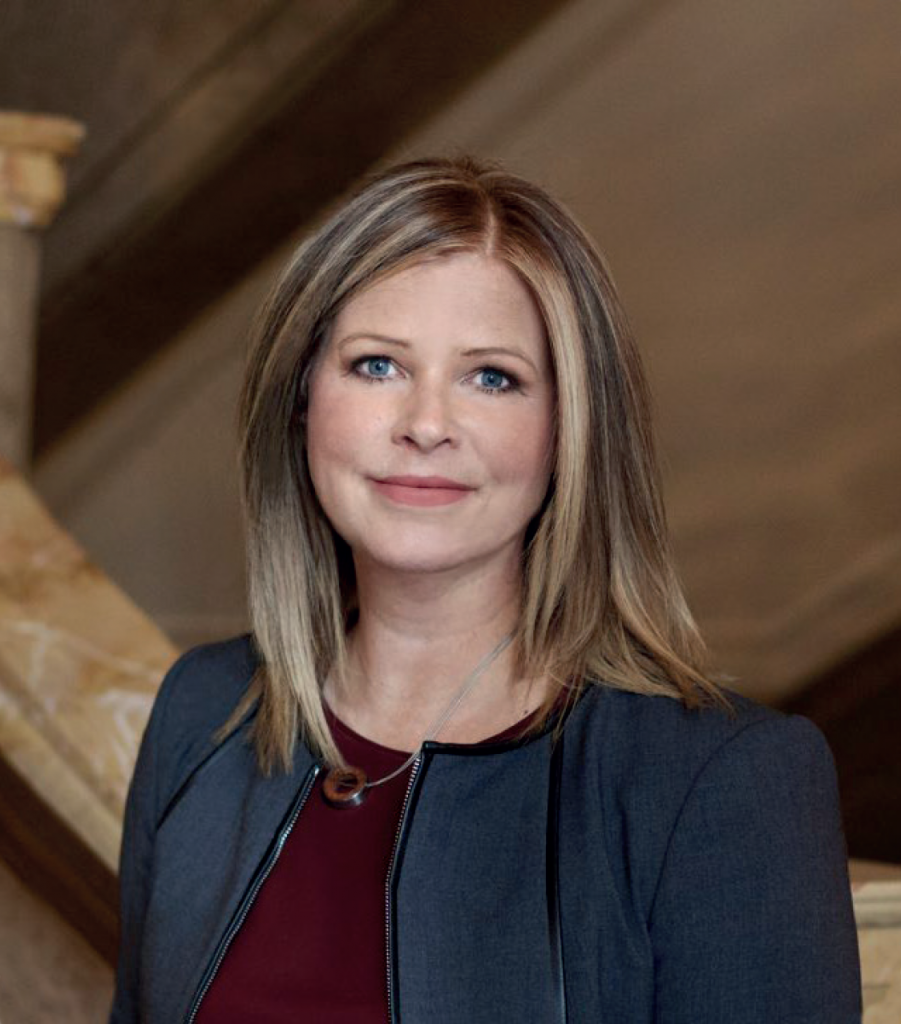When Molly accidentally breaks a balloon she and her sister Lucy have found, Lucy demands an apology. But, as Molly describes in fanciful, imaginative scenarios, her sorries are all gone: hiding under the bed, down the sink, off to Paris on the Sorry Plane.
As their mother explains, we can’t say sorry if we don’t have any sorries in us. But when our sorries return, as Molly’s eventually do, we can give them to others.
Brilliantly illustrated with captivating images by artist Zoe Si, The Sorry Plane carries a profound message about the importance of connecting with our authentic emotions. It highlights how a good sorry is one that you mean from the heart and how we adults can preserve a child’s caring spirit.
The Sorry Plane bears the Neufeld Institute Recommended seal which highlights children’s literature that is congruent with developmental science as well as with the relational-developmental approach articulated by Dr. Gordon Neufeld, PhD.
